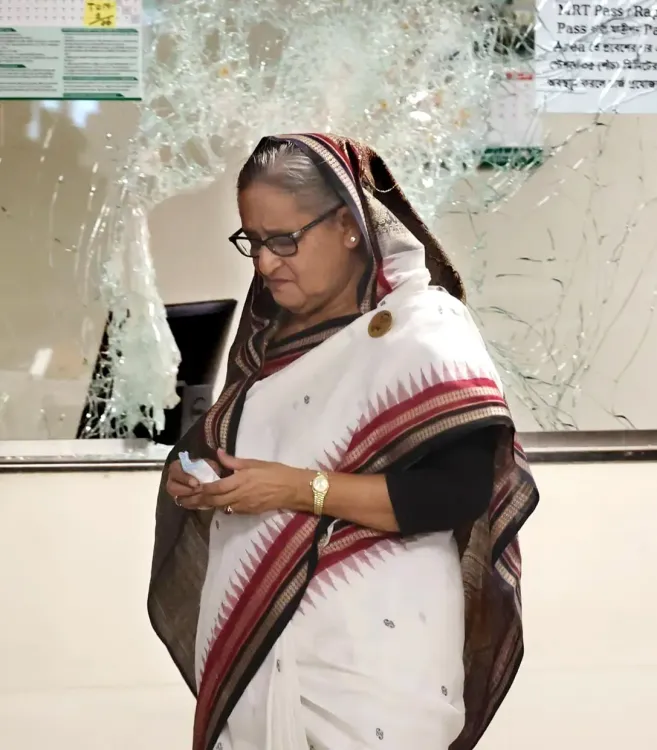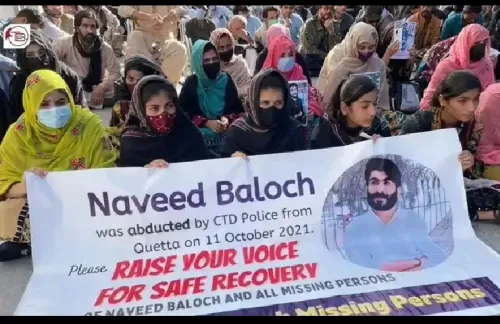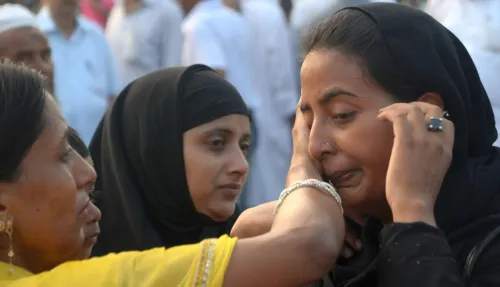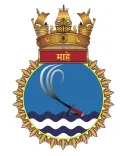Will Bangladesh's ICT Announce Verdict on Sheikh Hasina Today?

Synopsis
Key Takeaways
- ICT verdict on Sheikh Hasina today could reshape political dynamics in Bangladesh.
- Increased security measures reflect the tense atmosphere in Dhaka.
- Allegations of political manipulation raise questions about the integrity of the judicial process.
- Awami League's strike highlights the party's response to ongoing tensions.
- Public and expert scrutiny of the case emphasizes the need for fair judicial practices.
Dhaka, Nov 17 (NationPress) The International Crimes Tribunal (ICT) in Bangladesh is set to deliver its judgment today concerning the case against former Prime Minister Sheikh Hasina and two other defendants, who face charges of crimes against humanity stemming from the protests in July of the previous year.
The co-defendants include former Home Minister Asaduzzaman Khan Kamal and former Inspector General of Police, Chowdhury Abdullah Al-Mamun, who is currently in custody and has admitted guilt.
The verdict will be announced by a three-member panel of Tribunal-1, led by Justice Md Golam Mortuza Majumder, this afternoon.
In the lead-up to the ICT ruling, Dhaka is under an extraordinary security measure after Dhaka Metropolitan Police (DMP) Commissioner Sheikh Md Sajjat Ali issued a 'shoot-at-sight order' aimed at individuals involved in arson incidents, cocktail explosions, or any actions that threaten police and civilians.
The Awami League, led by Hasina, has organized a two-day strike on November 16-17 that coincides with a surge in arson and explosion incidents across the capital.
In the past two days, there have been nine reports of arson and several explosions in places like Mirpur, Hatirjheel, Agargaon, New Eskaton, and near the Airport railway station.
Last week, Hasina criticized the ICT, labeling it a politically motivated 'hatchet job' by her adversaries.
In a recent interview with South China Morning Post's 'This Week in Asia', Hasina remarked that the initially peaceful protests 'degenerated into mob violence', leading to state intervention.
Condemning the ICT's charges, Hasina stated, 'Bangladesh's so-called International Criminal Tribunal is neither international nor a tribunal. It is a judicial mockery.'
She further accused the ICT of being manipulated by her political rivals to ensure a predetermined guilty verdict, aiming to undermine the Awami League as a political entity.
According to the Awami League, numerous observers, legal professionals, and human rights advocates have raised significant concerns regarding the ongoing proceedings against Hasina.
The party claims that many view it as 'more of a politically motivated campaign' by the Muhammad Yunus-led interim government to eliminate a democratically elected leader from Bangladesh's political landscape.
'Critics argue that the process exhibits profound irregularities—accusations of expedited judicial appointments, dubious evidence, rehearsed testimonies, and substantial limitations on the defense.' The Awami League contends that these factors suggest a justice system being exploited for political pressure rather than a pursuit of truth.









